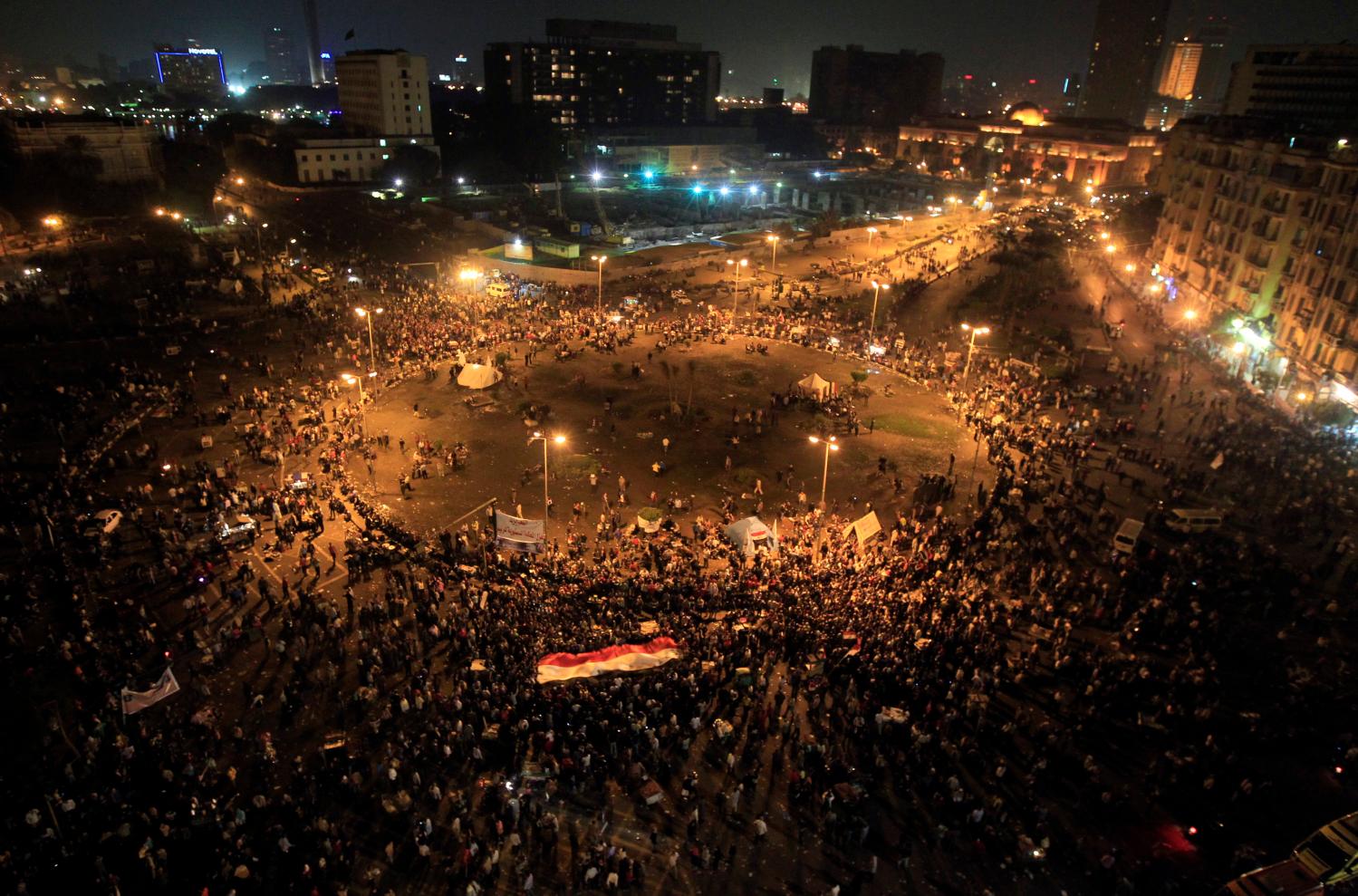Editor’s note: The following excerpt introduces a book chapter produced by Shadi Hamid for the volume, Beyond the Arab Spring: The Evolving Ruling Bargain in the Middle East, published in September 2014. In this chapter, Hamid tracks the evolution of Islamist political parties prior to and in the wake of the Arab Spring, analyzing how authoritarian regimes, Islamists, secularists and others in Egypt, Jordan, Libya and Tunisia have struggled to govern.
Political parties have long struggled to gain traction in the Arab world due to a number of inhibiting factors, among them a potent mix of repression and government co-optation. But this is not to say that the region has lacked viable opposition forces. Islamist movements—most of which are branches or descendants of the Muslim Brotherhood— have over time consolidated their position as leading political actors in the region. Yet such movements are a far cry from traditional, Western-style parties. Most political parties, after all, do not double as states within- states, with parallel networks of mosques, clinics, banks, businesses, daycare centers, and even Boy Scout troops. Islamist parties do. It was their long-term focus on education and social service provision—rather than on contesting elections—that ultimately helped propel Islamist movements, and later their associated parties, to political prominence.
Whether acting according to the traditional model of party competition (where winning elections is an end) or “alternative competitive” and “restricted competition” models (where winning is a means), political parties generally seek to win elections and assume executive power. However, in the Arab world, parties were rarely given the opportunity to govern—or to even think about governing—at the local or national level. Citizens saw little utility in joining parties that would never be permitted a real stake in the political process. Only in one country, Morocco, was there a semblance of genuine multi-party competition. During 1998’s “alternance,” the Socialist Union of Populist Forces (USFP) led a left-of-center government, after winning a plurality in parliamentary elections.
Unlike Morocco, most Arab countries do not have a tradition of political party activity. On the eve of the 2011 uprising, most of Egypt’s legal parties, for example, had memberships in the mere hundreds or thousands and were derided as “cardboard parties,” or ahzab cartoniya. The liberal Wafd Party was something of an exception, as it could claim a storied tradition as one of Egypt’s pro-independence parties during the country’s short-lived “liberal era” of the 1930s and 1940s. During a brief political opening after Hosni Mubarak became president in 1981, the Wafd—which had reconstituted itself in the 1970s—seemed poised to regain some of its former prominence. But despite a solid showing in the 1984 elections, it subsequently descended into irrelevance, demonstrating the impossibility of developing healthy party politics in an authoritarian context.
The Brookings Institution is committed to quality, independence, and impact.
We are supported by a diverse array of funders. In line with our values and policies, each Brookings publication represents the sole views of its author(s).




